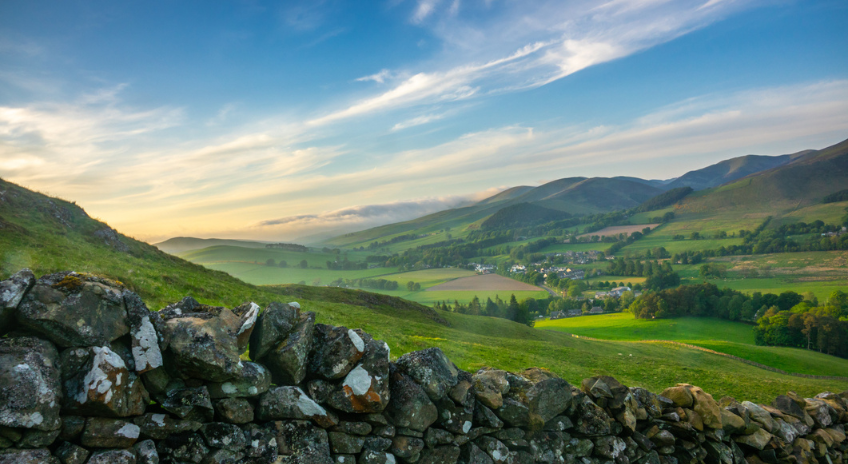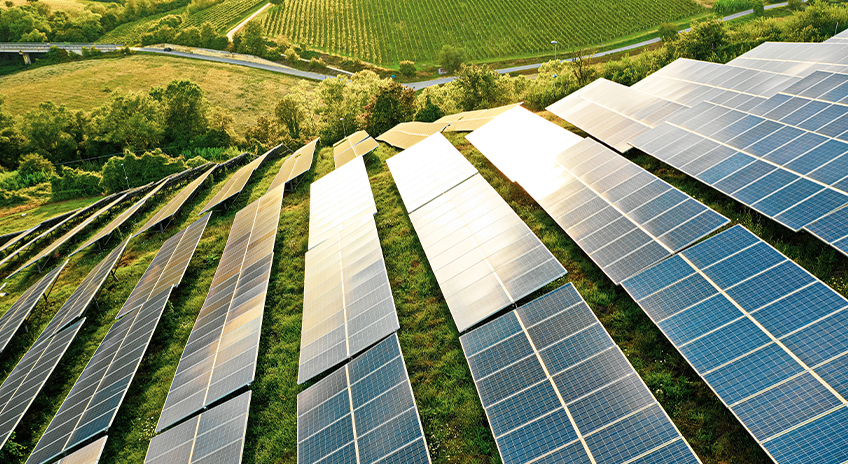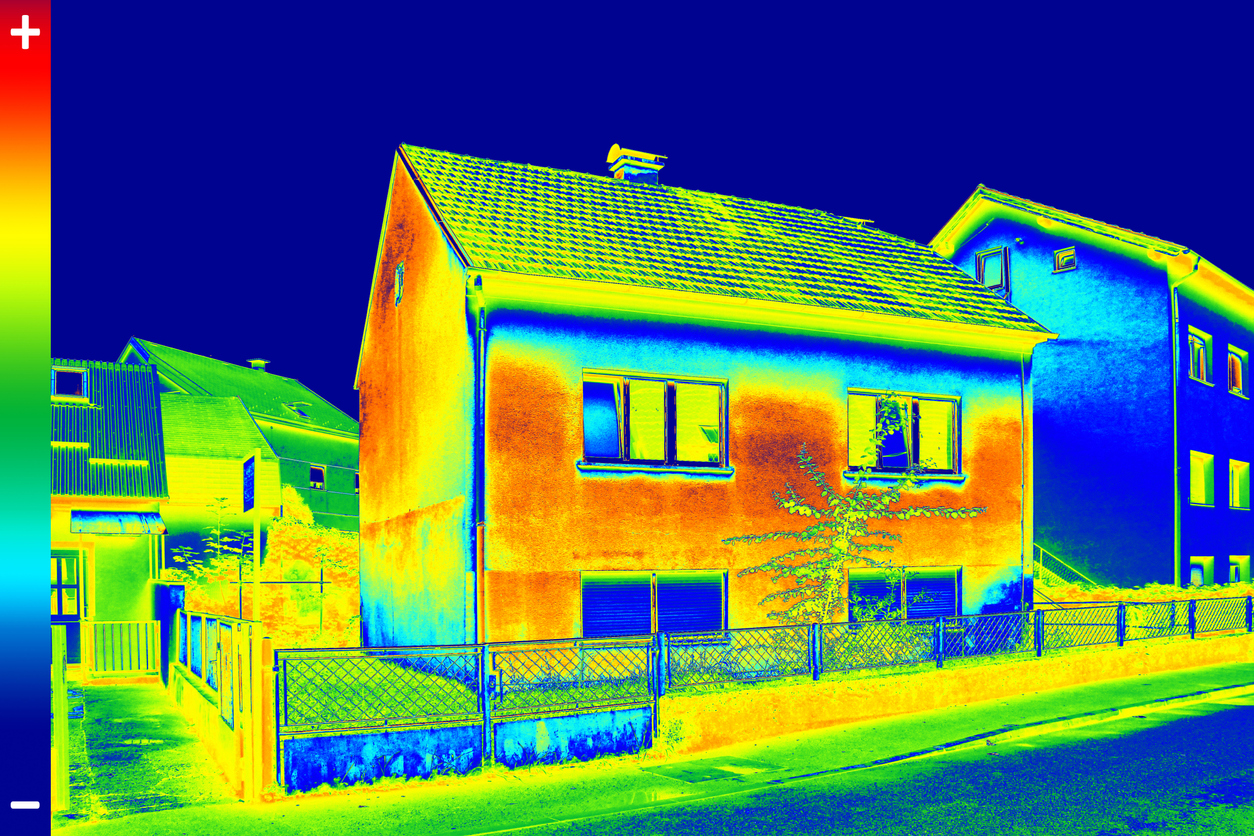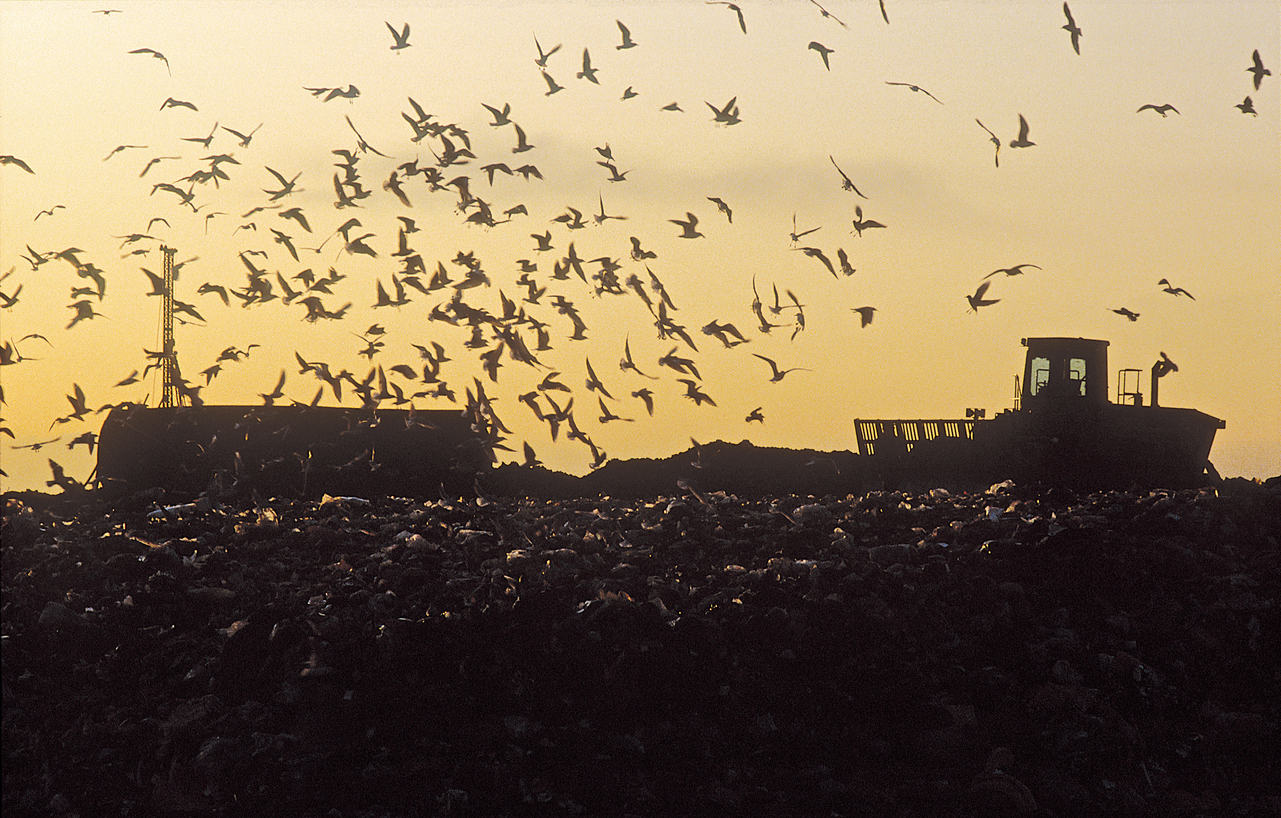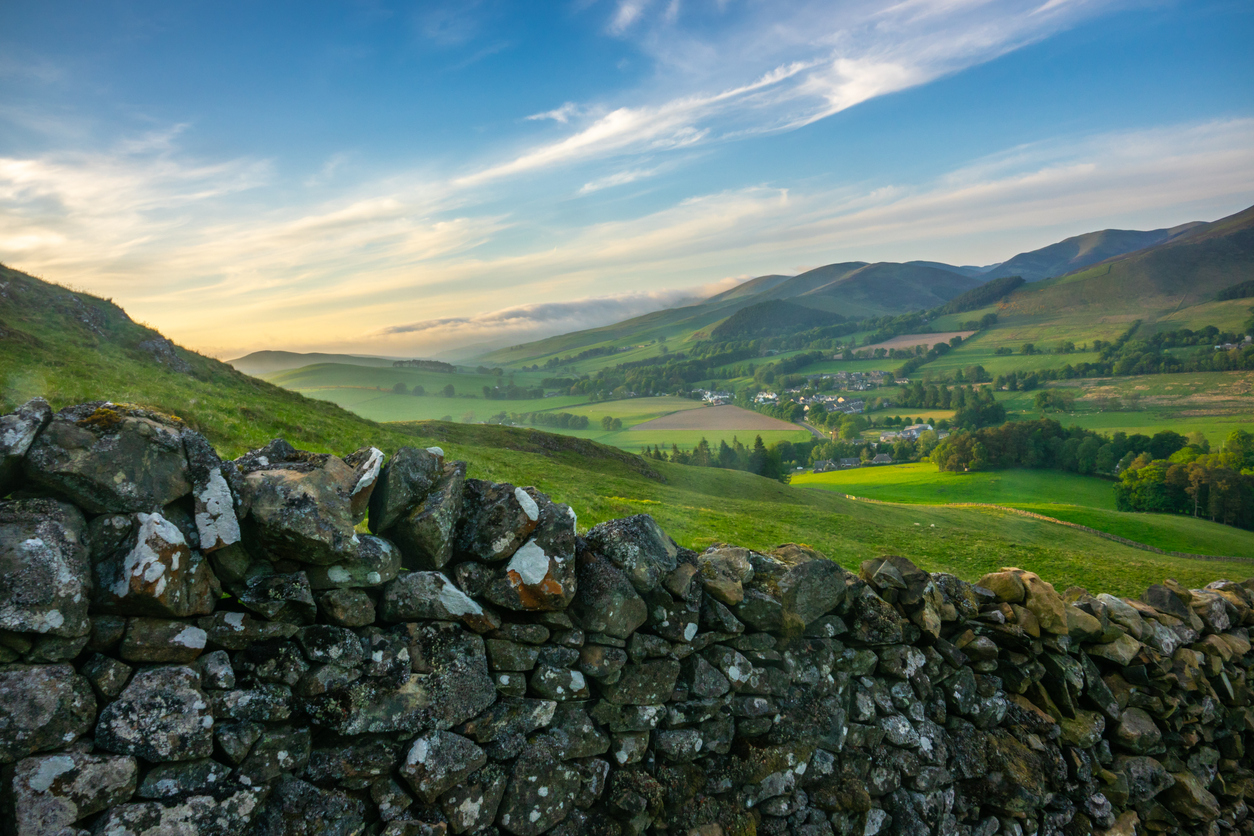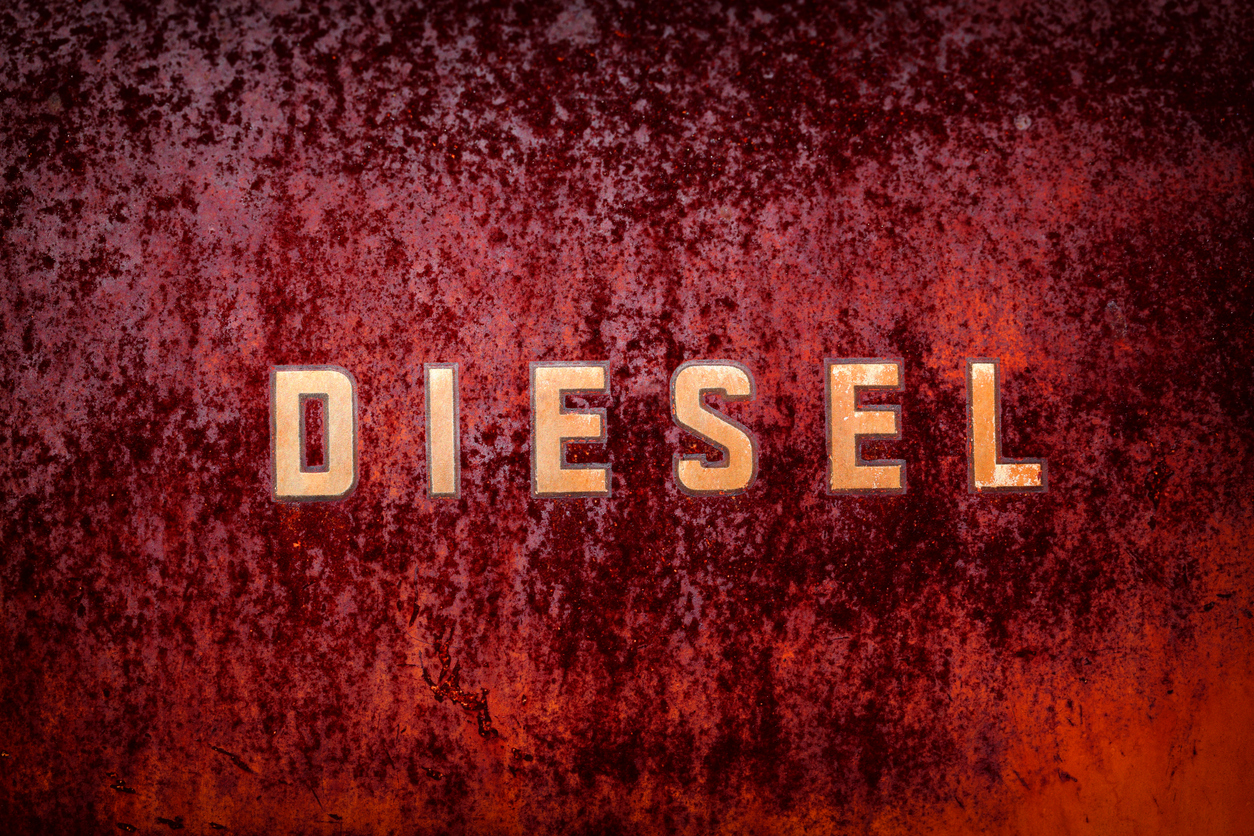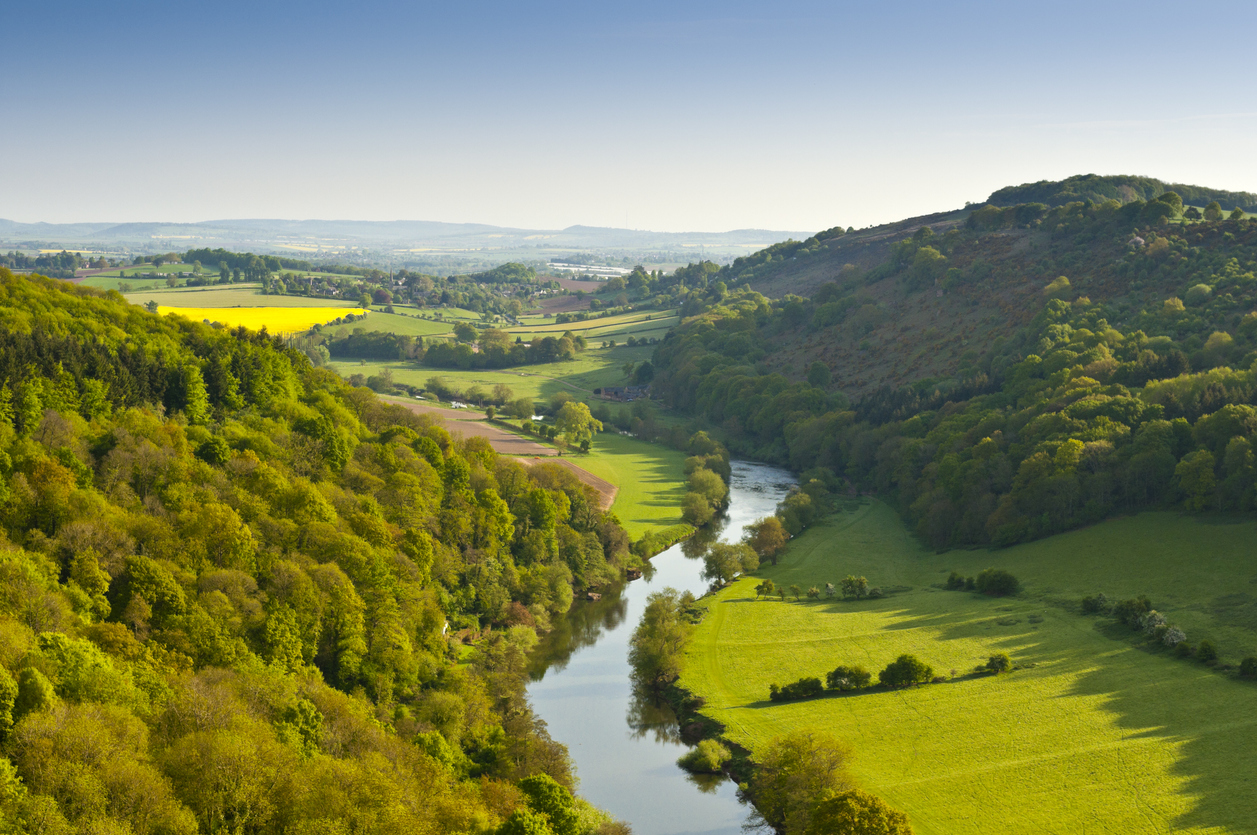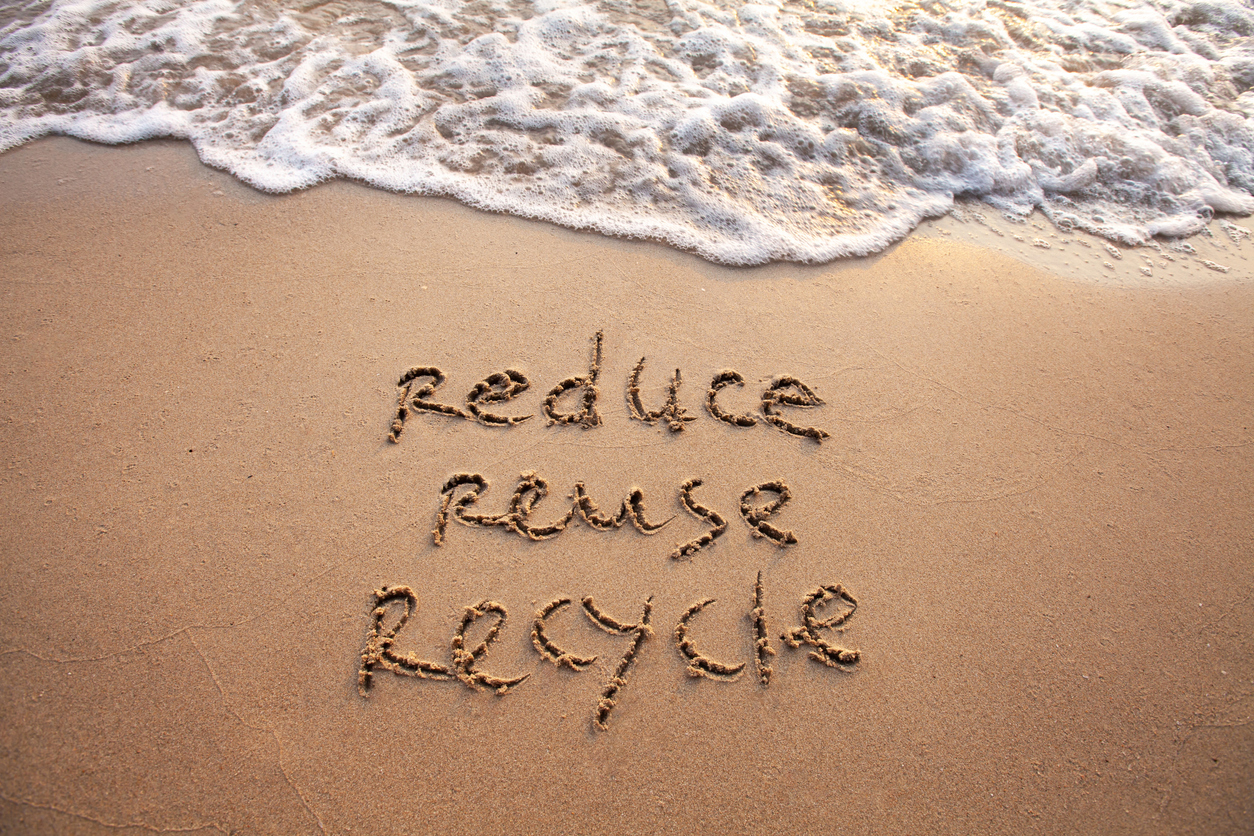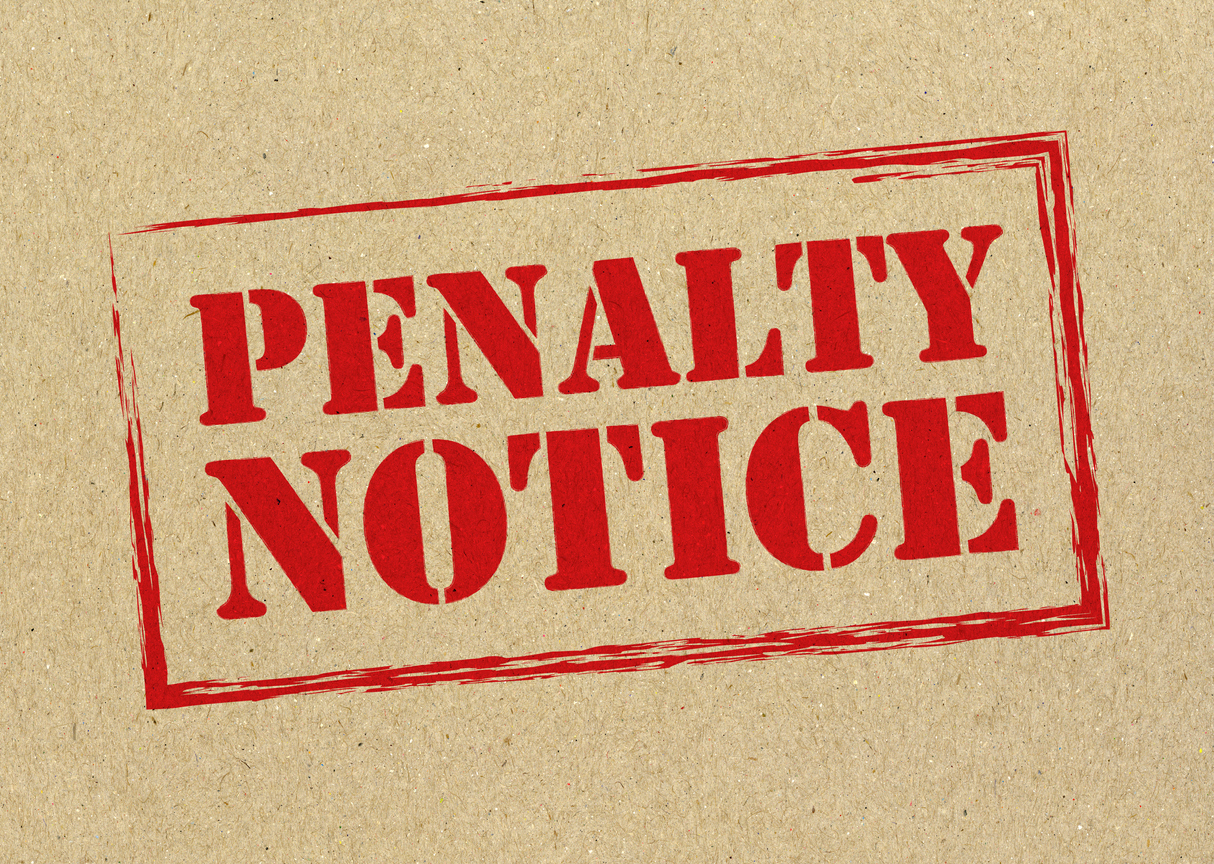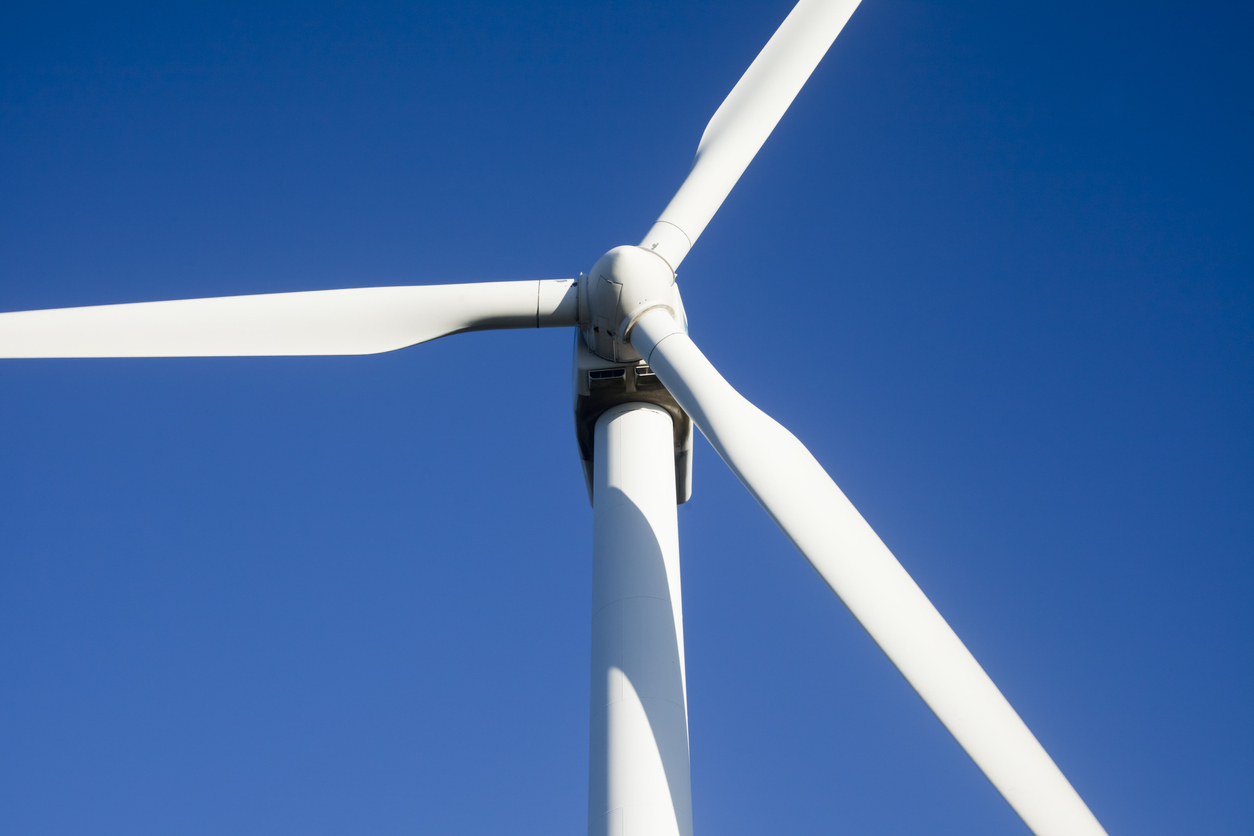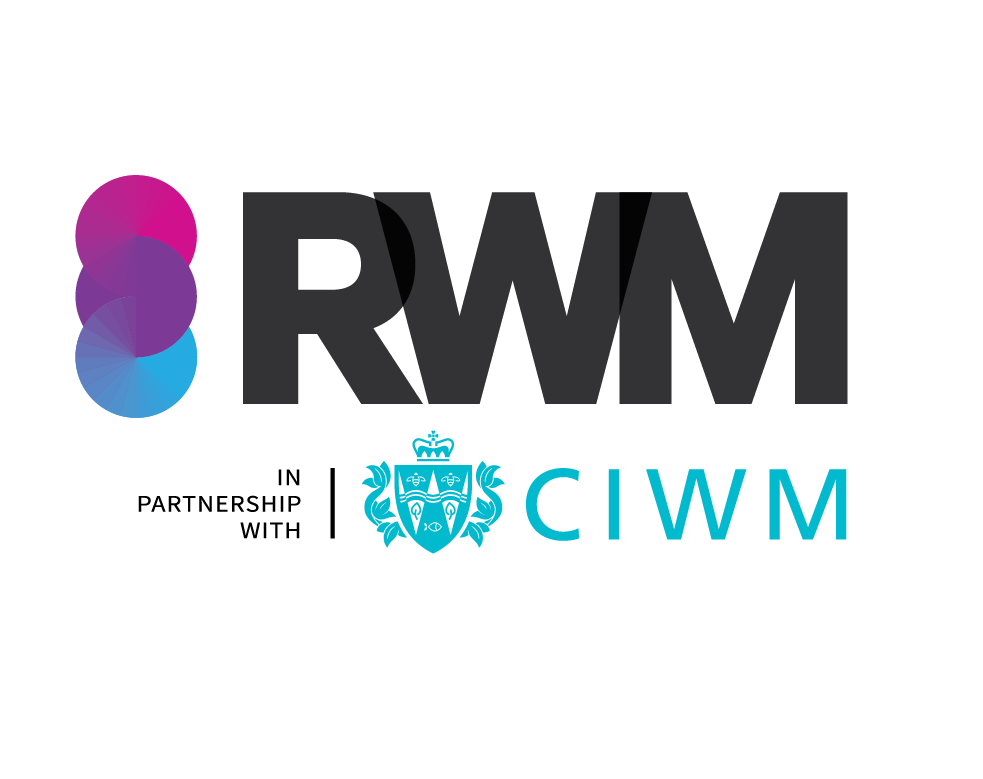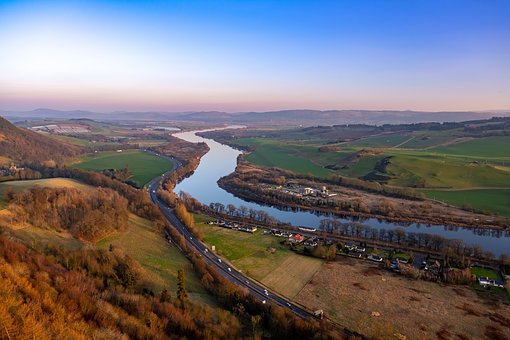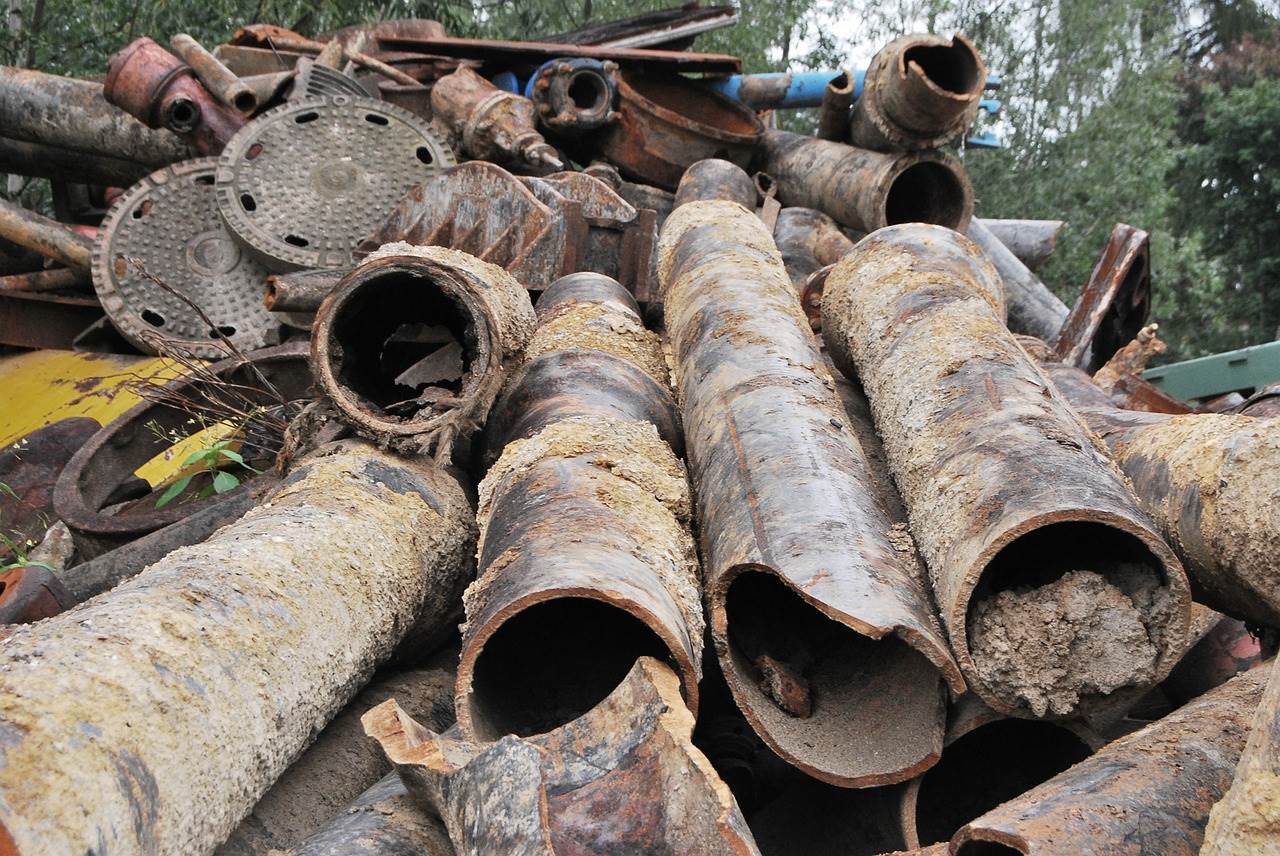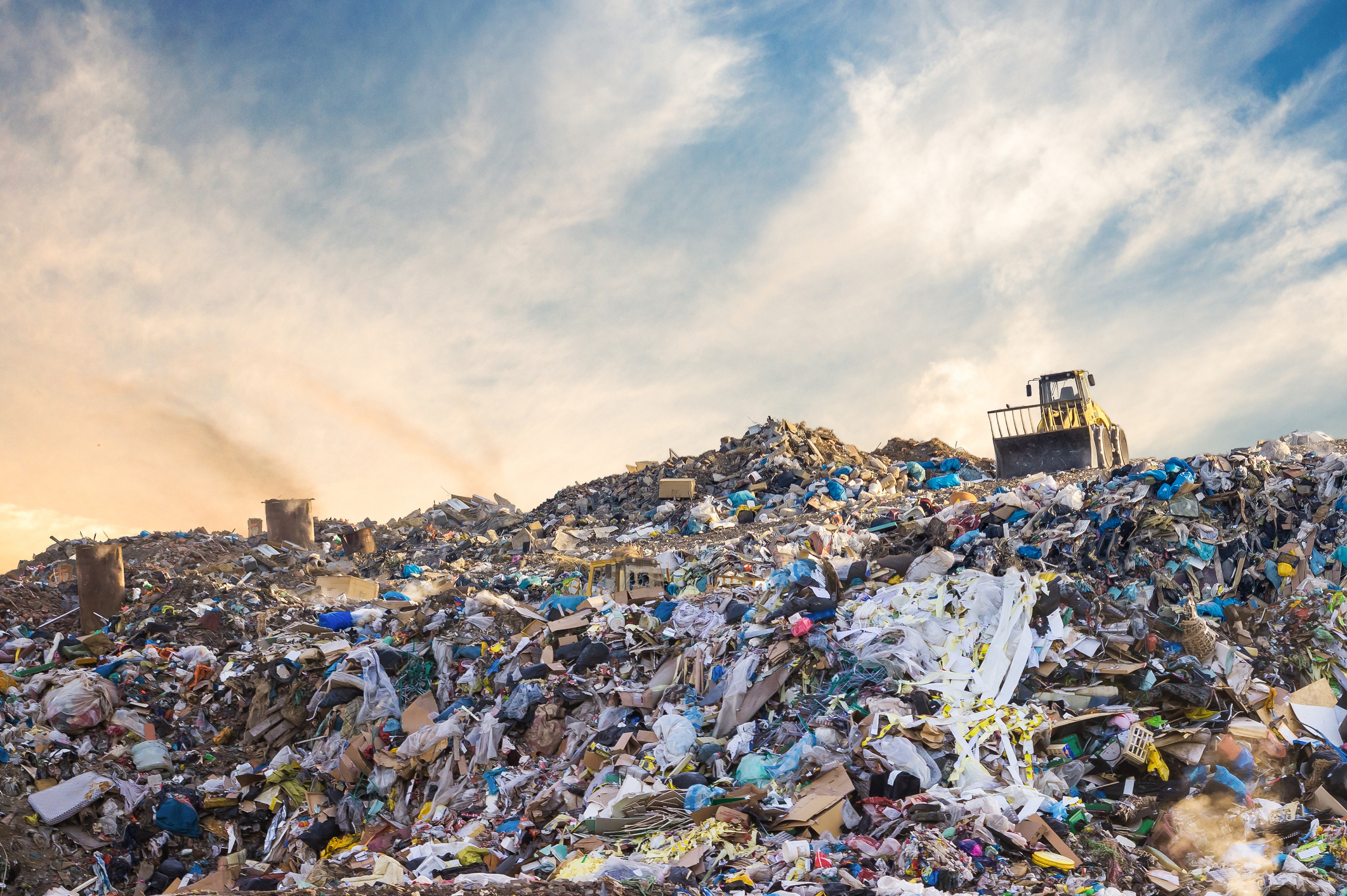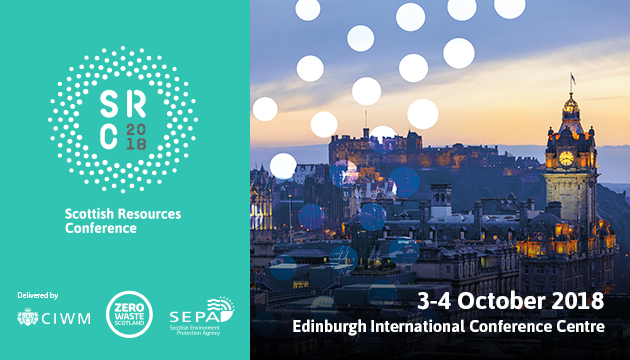
COP26 – Summarising the Outcomes of the Glasgow Climate Pact
Date: 03/12/2021 | Energy & Natural Resources, Environmental, Regulatory Law
After tense last minute bargaining and much debate the talks at COP26 concluded with the signing of the Glasgow Climate Pact.
The Glasgow Climate Pact (the “Pact”) which was signed by 197 countries is the legacy of the Glasgow COP. Several drafts of the agreement where published before the Pact was finally agreed and, as a result, many are left wondering what the Pact says, what it actually means.
The 8 page Pact contains a number of key points, which could be summarised as follows:
1. Revisit and strengthen emission reduction plans by 2022
The Pact acknowledges that limiting global warming to 1.5C requires rapid reductions in carbon emissions, including cutting global carbon emissions by 45% by 2030. Analysis by the Climate Action Tracker suggested that with current policies we are on course for 2.7C global temperature rises. The Pact “requests” that all countries to go back to the drawing board and improve their emission reduction plans (also known as Nationally Determined Contributions or NDCs) by COP27 which is scheduled to take place in Egypt in 2022.
As a result, the UK could be required to review the NDCs submitted in advance of COP26 within the next 12 months. Scotland also submitted an indicative NDC prior to COP26 and may review or improve their NDCs as a result of the Pact. Any review of Scotland’s – or the UK’s – NDCs, or their climate change plans, is likely to have an impact on a range of industries including agriculture, energy and transport.
2. Coal
One of the most controversial aspects of the Pact relates to the scaling up of clean energy and transitioning away from using fossil fuels. The Pact calls upon the parties to accelerate efforts to “phase down” unabated coal power and phase out inefficient fossil fuel subsidies.
It is hoped by many that this aspect of the Pact will accelerate the growth of renewable energy projects globally and reduce reliance on fossil fuels for energy. While many of the countries at COP26 felt the wording of this aspect of the Pact did not go far enough, the Pact is the first time there has been any reference to reducing the use of coal in any UN Climate Agreement and has been described as “the death-knell for coal power”.
3. Carbon Trading
The Pact established a global carbon market. The issue had been in contention since the signing of the Paris Agreement in 2015. The establishment of a global carbon market through the Glasgow Climate Pact is hoped to legitimise the growing global carbon offset market and unlock funding for protecting forests, the building of renewable energy projects and other projects to combat climate change.
4. Adaption
The Pact acknowledged that the $100 billion per year in climate finance target by 2020 was not met. It also urges developed countries, including the UK, to double their collective provision of funds available for developing countries, which are already facing the effects of climate change, to adapt to the impacts of climate change. Notably Canada and the US committed to making finance for adaption available for the first time. Outside of the Pact, Scotland has pledged to increase its fund for climate justice by 50%.
In addition to urging developed countries to commit more funds to adaption, the Pact encouraged that greater support is offered to developed countries by “technology transfer and capacity-building”.
5. Loss and Damage
One of the other contentious issues at COP26 was loss and damage. Developing countries fought for funding to those who lose their homes and livelihoods as a result of global temperate rises. Funding for loss and damage was blocked by the EU and the US. However, the Glasgow Climate Pact includes an obligation to discuss the arrangements for funding for loss and damage caused by the adverse effects of climate change. This is being referred to as the “Glasgow Dialogue”.
The aim of the talks and the Pact was to keep the goal of limiting global temperature rises to 1.5C alive and at the forefront of everyone’s minds. It is still up for debate whether the Glasgow Climate Pact achieves this aim. After the close of the summit, the UN Secretary General tweeted that “we are still knocking on the door of a climate catastrophe” while Boris Johnson described the Pact as “the beginning of the end of climate change”. Even now, leaders on climate change, the environment and energy are looking to see how the parties to the Glasgow Climate Pact deliver on the commitments made within the Pact.
In the aftermath of COP26 the Renewables Team and the Environmental Team at Davidson Chalmers Stewart will be publishing a series of articles on what the Glasgow Climate Pact could mean for business and some of the challenges businesses may face as Scotland transitions to a low carbon economy.










